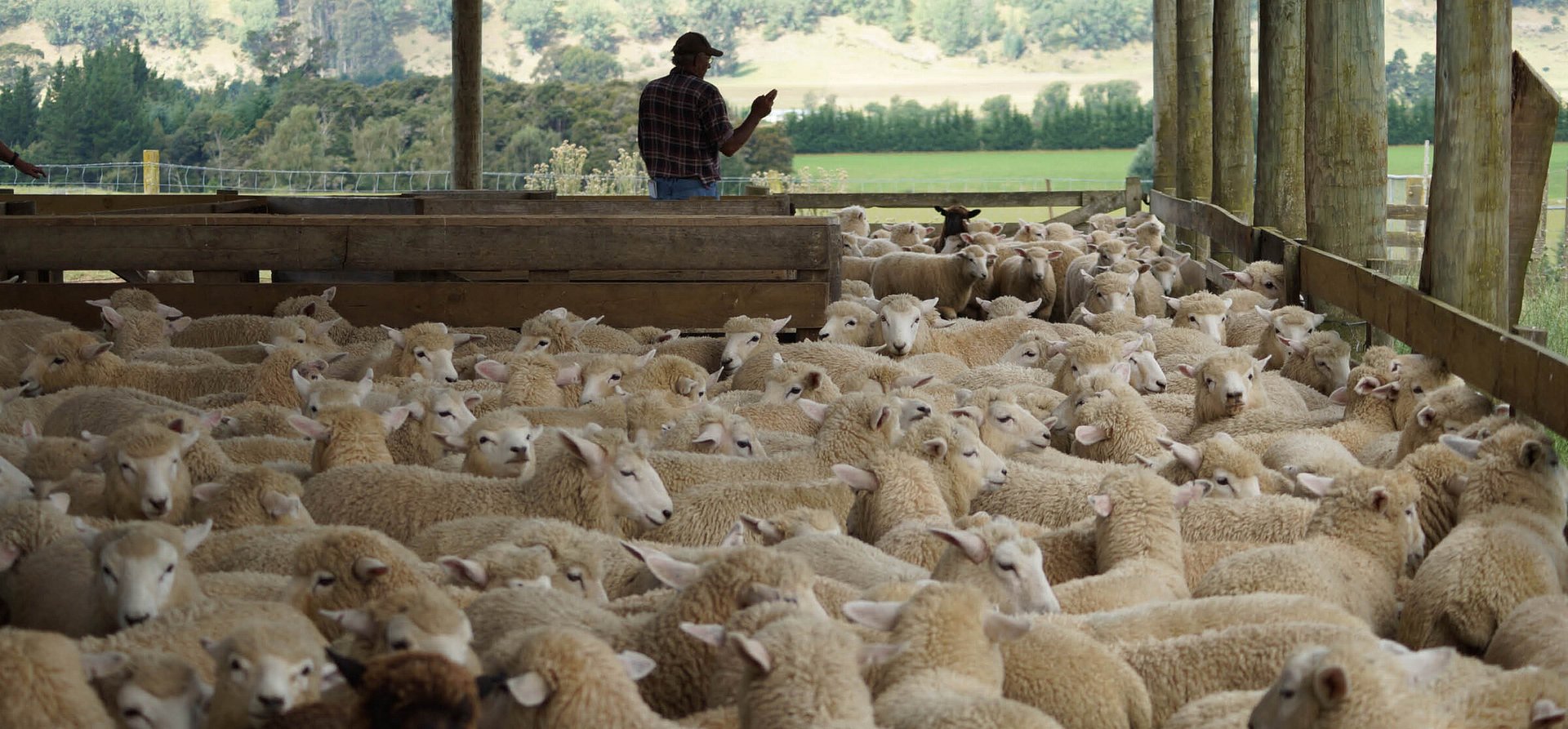When it comes to farming livestock you want a cattle, sheep vet who understands the practicalities of running cattle and sheep farms and our vets are the right people for the job.
We offer our Livestock clients a great range of services including:
Flock health planning.
Blood Testing – We routinely blood test stock for BVD and Johne’s, particularly bulls before entry into dairy herds.
Drench Programmes aimed at maximum growth of stock and therefore the best return possible on your investment.
Reproductive issues such as lambings, bearings and sleepy sickness.
We commonly trim sheep and goats feet to keep them feeling good maximising feed intake.
Preventative advice.
Disease prevention programmes including vaccination.
We pride ourselves on ensuring we are one step ahead & working alongside our farmers to reduce effort. There are not many services that are beyond our capabilities so if you have any specific requirements that need to be met – Ask one of our local Vets here at West Coast Vets & we can guarantee they will work hard to get the job done.
THE BENEFITS
Why West Coast Vets is a great choice

We're locals
We’ve been located throughout the West Coast area for decades. It’s where we’re from and where we raise our families.

Wide network
We’re plugged into the Veterinary world and our team can call on expertise from all over the world, then deliver it locally.

Handy clinics
We’re close to you for consults, supplements, supplies...whatever you need. Pop on in or organise a delivery.













